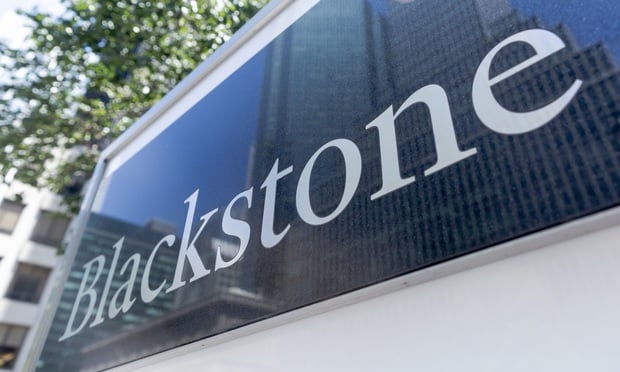CHICAGO—The economic recovery has reached a mature stage, and real estate markets across the US once ignored by investors now garner a lot of interest. And experts say this desire to buy in secondary markets, including value-add properties that involve more risk and higher yields, should last a considerable time, along with a generally healthy environment for real estate investment.
“The cost of living and the cost of doing business in the gateway markets is creating a demographic shift,” Jim Clark, managing principal of Chicago-based EnTrust Realty Advisors LLC, tells GlobeSt.com. For example, people and businesses have begun moving from expensive cities in California such as Los Angeles and San Francisco to cheaper metros nearby like Phoenix. The new demand will buoy these latter markets, push rental rates up, and draw in even more investors.
The increased focus on secondary markets “has been more pronounced in the last 24 to 36 months,” Clark adds. And he expects this state of affairs will last at least for a few more years, barring some unforeseen, “black swan” event that brings dramatic change to capital markets.
Recommended For You
Want to continue reading?
Become a Free ALM Digital Reader.
Once you are an ALM Digital Member, you’ll receive:
- Breaking commercial real estate news and analysis, on-site and via our newsletters and custom alerts
- Educational webcasts, white papers, and ebooks from industry thought leaders
- Critical coverage of the property casualty insurance and financial advisory markets on our other ALM sites, PropertyCasualty360 and ThinkAdvisor
Already have an account? Sign In Now
*May exclude premium content© 2025 ALM Global, LLC, All Rights Reserved. Request academic re-use from www.copyright.com. All other uses, submit a request to asset-and-logo-licensing@alm.com. For more information visit Asset & Logo Licensing.









